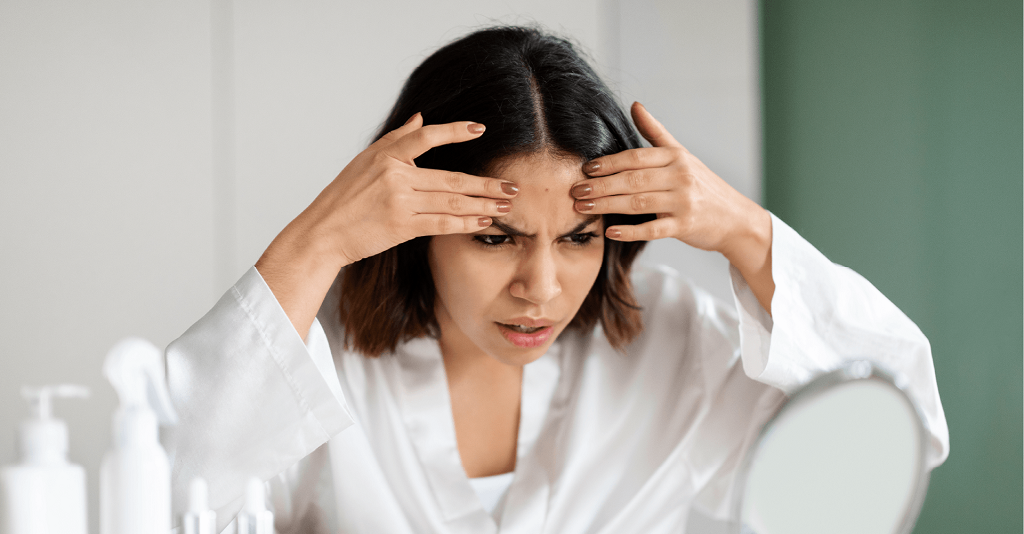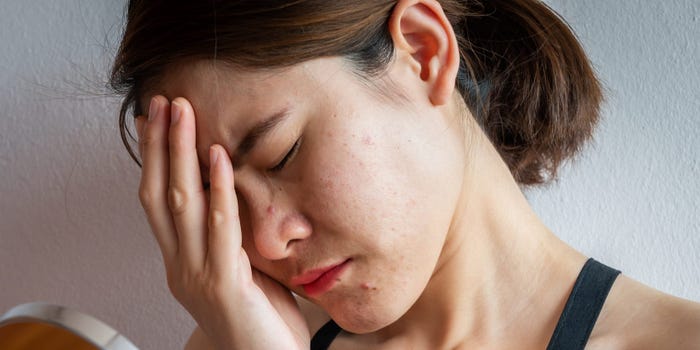Avoiding Shared Personal Items: Essential Tips for Beauticians
As beauty professionals, attention to detail isnt only about another flawless makeup application or haircut. It is also crucial in maintaining the highest standards of hygiene and safety, ensuring both client satisfaction and their well-being. Within this realm, one topic that deserves in-depth exploration is the importance of avoiding shared personal items. Sharing personal items in beauty environments can pose serious health risks, leading to issues such as skin infections and those concerning managing sweat to prevent folliculitis.

The Significance of Avoiding Shared Personal Items
A clients experience at a beauty salon or spa should be both rejuvenating and safe. However, the shared use of personal items such as combs, brushes, razors, and makeup tools can quickly turn a positive experience into a risky one. Beauty professionals must prioritize client safety by strictly adhering to policies against sharing personal items. Such practices reduce the chance of transmitting infections, including those related to folliculitis, among clients and staff.
Understanding the Risks
The risk of cross-contamination and infection in beauty salons is high because certain bacteria and viruses thrive in environments where personal grooming occurs. This can include bacteria such as Staphylococcus aureus or fungi causing tinea capitis. For instance, sharing razors can potentially lead to micro-abrasions on the skin, creating openings for bacteria that may lead to infections such as folliculitis. Beauticians should continuously educate themselves on these risks and consider mandatory hygiene training.
Practical Steps for Beauticians
To mitigate these risks, beauty professionals can adopt several strategies, including:
Personalized Kits for Clients
Providing clients with personalized kits consisting of brushes, combs, and other necessary tools ensures that no two clients are using the same items. Personalized kits can also be customized to their specific needs, making the experience safer and more bespoke.
Investment in Sterilization Equipment
Investment in dedicated sterilization equipment is a worthy addition to any beauty business. This tool ensures that all non-personal and reusable items are thoroughly sanitized between uses. Autoclaves and UV sterilizers are examples of equipment that can keep the shared tools safe for use across different clients.
Client Awareness
Its essential to make clients aware of the hygiene measures in place. Transparency goes a long way in building trust and ensuring compliance. Engage in conversations with your clients about the importance of hygiene, such as the shaving and folliculitis connection, encouraging them to understand and appreciate these practices.
Creating a Culture of Safety
Building a culture of safety demands collective effort. Implementing routine inspections and hygiene audits is important for infection control. Create a documented hygiene policy for your business, which clearly outlines procedures, responsibilities, and expectations for all staff members. Regular refreshers on hygiene practices can also reinforce the importance of these protocols, ensuring that beauticians remain vigilant and knowledgeable on the latest infection control information.
The Repercussions of Non-Compliance
Failure to adhere to these hygiene standards can lead to serious consequences both in terms of health liabilities and business reputation. The repercussions are not only limited to clients health concerns such as non-comedogenic product selection and potential lawsuits but also impact the business's professional standing. Maintaining impeccable hygiene practices can effectively shield beauty businesses from being embroiled in legal complications or health controversies.
Conclusion
The path to revolutionizing customer experiences in the beauty industry starts with something as simple as addressing the dangers associated with shared personal items. By adopting effective hygiene protocols, beauticians safeguard not only their clients health but also strengthen the trust and brand loyalty crucial to thriving in todays competitive landscape. The collective future success of salons and spas heavily depends on the commitments beauty professionals make today regarding safety and hygiene.

FAQs
Why is avoiding shared personal items so important for beauticians?
Avoiding shared personal items is crucial to prevent the spread of infections and maintain high standards of hygiene and safety for both the clients and staff.
What are some non-negotiable hygiene practices for beauty salons?
Key practices include using personalized kits, investing in sterilization equipment, and conducting regular hygiene audits to ensure safe and clean environments.
How can beauticians educate clients about personal hygiene?
Beauticians can engage in informative discussions with clients, introduce training sessions, and highlight resources related to personal care and hygiene.

